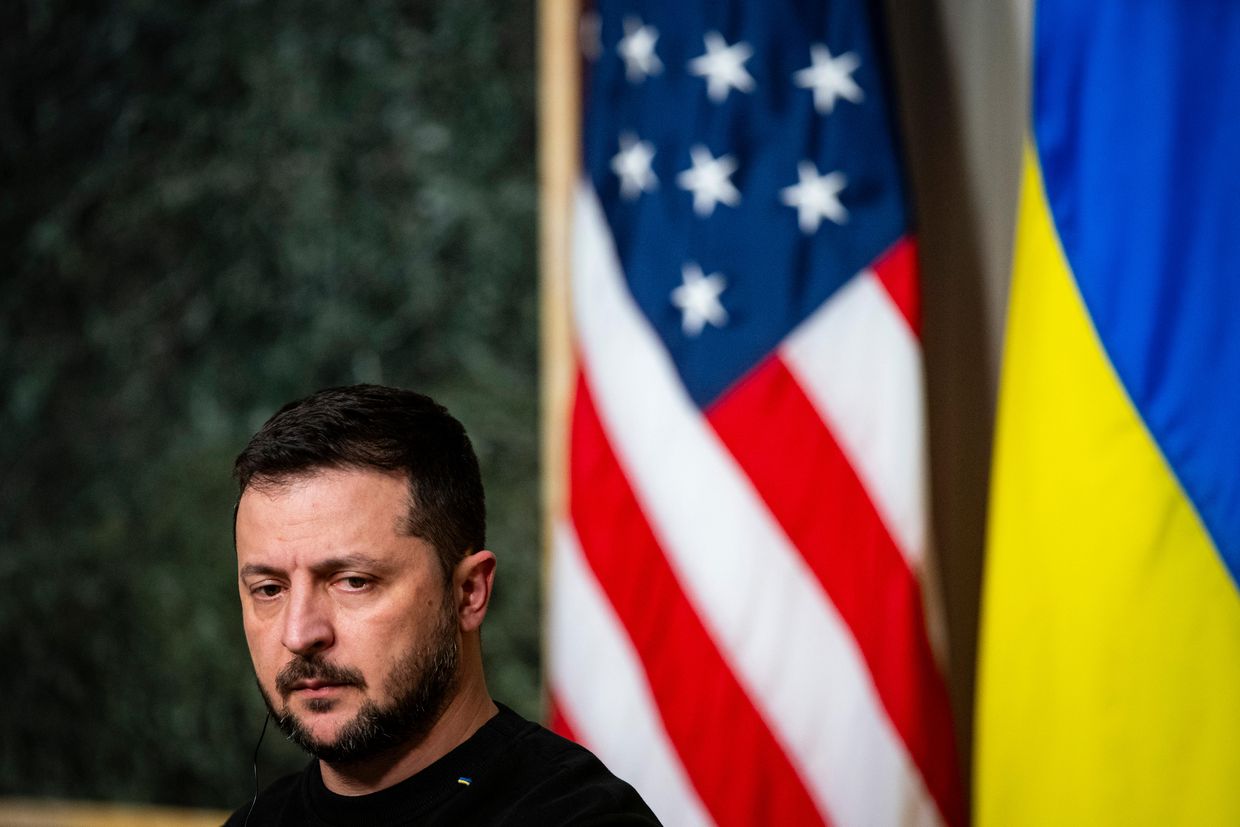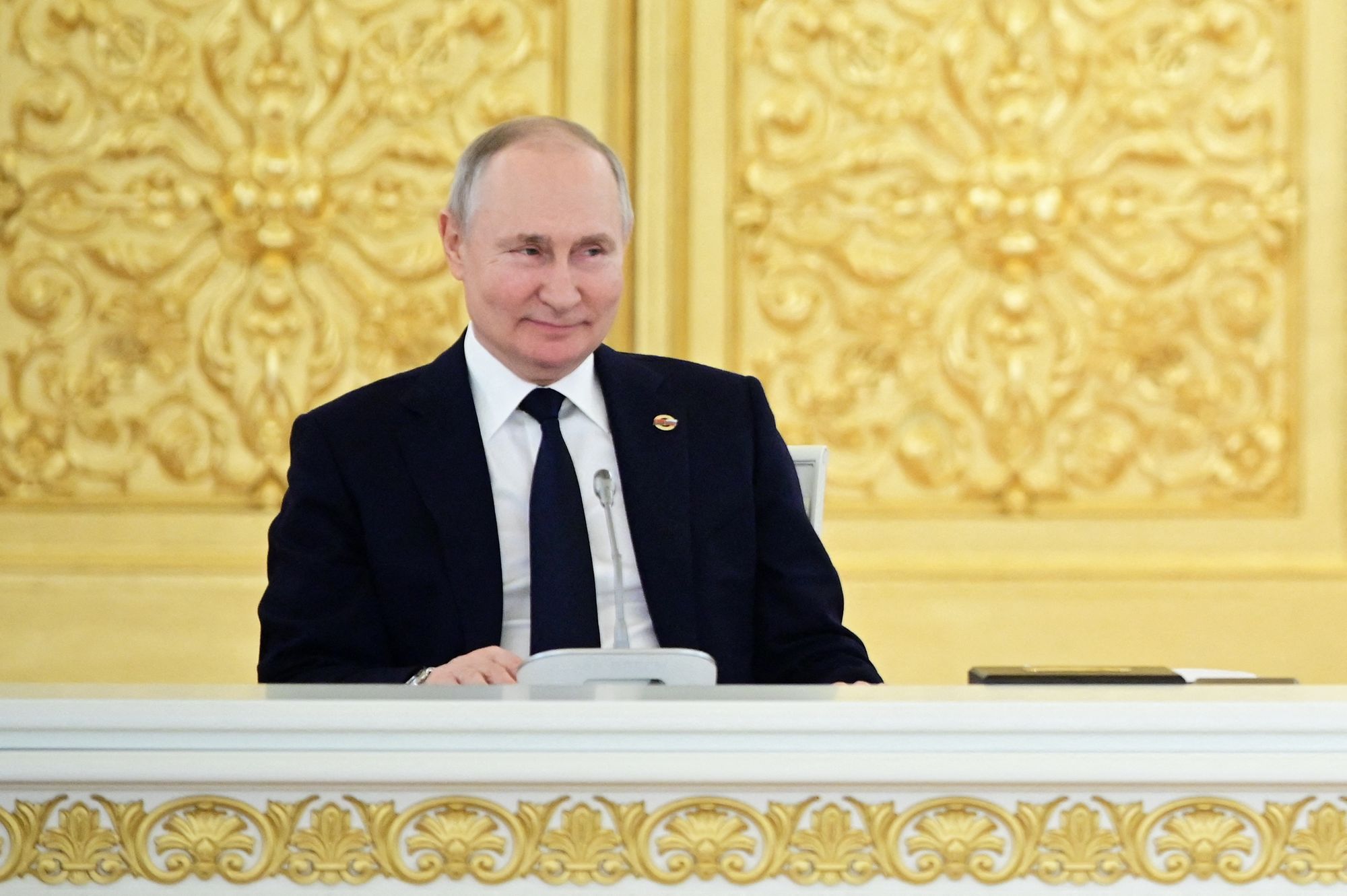Russian missiles target western Ukraine in latest mass attack

Editor's Note: This is a developing story and is being updated.
Russia launched another large-scale attack against Ukraine overnight on June 9, assailing cities across the country with drones and missiles.
At least one person was reported injured in Rivne, a city far from the front lines in northwestern Ukraine.
The mass strike comes shortly after Russia on June 6 launched 452 drones and 45 missiles at Ukraine in a single night — one of the largest aerial attacks in the full-scale war. The Kremlin claimed the bombardment was retaliation for Kyiv's Operation Spiderweb drone strike on Russian strategic aircraft.
Ukraine's Air Force issued aerial alerts throughout the night on June 8-9, warning multiple regions of the threat of ballistic missiles and Shahed-type attack drones.
The Operational Command of the Polish Armed Forces said it scrambled fighter jets in response to the Russian aerial attacks in western Ukraine.
Explosions were reported during the night in Kyiv and Rivne.
Tymur Tkachenko, head of the Kyiv City Military Administration, reported that an office building in the capital's Darnytsia district had been damaged in the attack.
One civilian in Rivne was injured in the attack, regional Governor Oleksandr Koval said. Emergency responders are still at work on the scene and the consequences of the strike are still being determined.
"A very difficult night for Rivne Oblast. Our region suffered a powerful enemy air strike," Koval said.
Rivne is located in northwestern Ukraine and shares a border with Belarus. Like neighboring Volyn Oblast, which was hit in Russia's mass strike on June 6, the region is not a frequent target of Russian aerial attacks
Reuters reported on June 8 that the U.S. expects Russia to launch more large-scale, multi-pronged strikes at Ukraine in the coming days as part of Moscow's "asymmetrical" response to Operation Spiderweb.
The Kremlin's retaliation could target high-value government sites, such as administrative buildings or intelligence facilities, a Western diplomatic source said.
The Security Service of Ukraine (SBU) on June 1 carried out an audacious mass drone attack on four key Russian air bases, reportedly damaging 41 military planes, including the heavy bombers Moscow uses to carry out attacks on Ukrainian cities.
The operation took 18 months to plan and execute, and allegedly caused $7 billion of damage to Russia's aerial fleet.
Russian President Vladimir Putin reportedly warned U.S. President Donald Trump during a June 5 phone call that Moscow was preparing a response to the operation. That night, Russia's mass strikes injured 80 people and killed four civilians, including emergency workers.
Trump said the next day that Operation Spiderweb "gave Putin a reason to go in and bomb the hell out of them last night."
Ukraine's Operation Spiderweb exclusively targeted military facilities — specifically, the aircraft used to bomb civilian targets in Ukraine. The strike followed three years of aerial attacks and three months of Russian refusal to accept a ceasefire.
In the days leading up to the June 1 operation, Russia launched three heavy aerial attacks against Ukraine over three consecutive nights.
President Volodymyr Zelensky has rejected the idea that Russia's attacks are a response to Operation Spiderweb. Following a night and day of relentless bombings in the northeastern city of Kharkiv, Zelensky on June 7 said Russia's strikes were "not 'retaliation' but acts of destruction."












